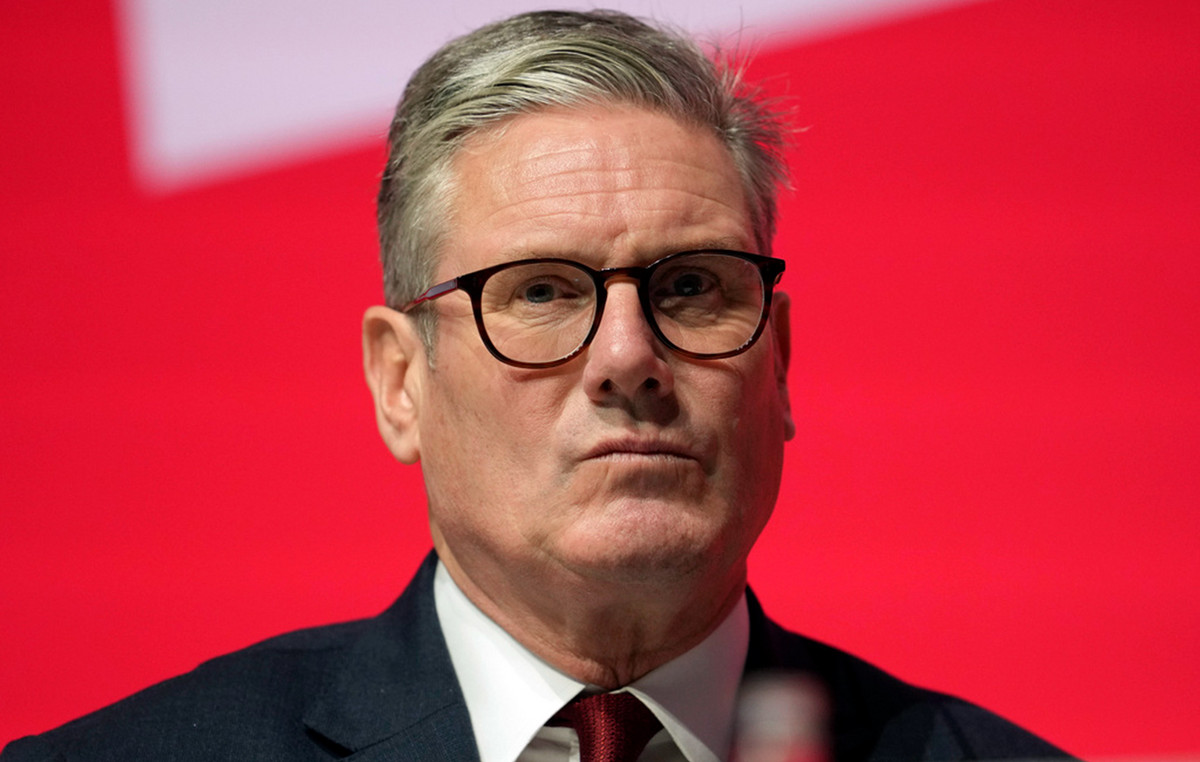2021 profitability and specific capital and efficiency enhancement moves brought Eurobank’s overall capital adequacy to 16.8%, while the fully-implemented Basel III core capital ratio (FL CET1) increased by 160 basis points, to 13.6%.
As mentioned by the CEO of Eurobank, Mr. F. Karavias, international activities, which distinguish Eurobank against the domestic competition, had a substantial contribution to the Group’s results, as in previous years. “Our intention,” he said, “is to expand them, both organically and by taking advantage of opportunities that may appear in the market. In Bulgaria, Postbank is the third largest bank by assets, while Eurobank Cyprus is the strongest and most profitable bank in the country. In 2021 we strengthened our position in Serbia by merging Direktna Bank with Eurobank Serbia, now owning a 70% stake in the new bank. In Cyprus, we acquired a 12.6% stake in Hellenic Bank, the country’s second largest. Overall, the contribution of international activities to our net profitability amounted to 148 million, with a total loan portfolio of approximately 10 billion.
As far as the 2022-24 three-year plan is concerned, the main targets are sustainable return on equity of at least 10% per year, average annual growth in earnings per share of 13%, which is front-loaded in 2022, organic capital generation over 100 basis points per year, through which the growth of the loan portfolio, the further improvement of the capital adequacy ratio as well as the distribution of dividends will be supported.
Our operating model is constantly evolving on three central pillars. First pillar – Eurobank as a “Development Bank”. “We have aligned our planning with the priorities of the Greece 2.0 plan and focus on financing large infrastructure projects as well as investments by large and medium-sized enterprises. The Bank has a central participation in almost all major projects: in the flagship project of Hellinikon, in the electric the Crete-Attica interconnection, the Egnatia and Olympia Road highways, the construction of the natural gas power plant in Komotini. in order to include investment projects in the Recovery Fund. Furthermore, our Bank had a leading position in the financing of ocean shipping. Based on 2021 data, Eurobank rose to first place, with the largest portfolio of loans to Greek shipping companies among Greek banks and the second megalith worldwide”.
The second pillar combines growth and participation (inclusive growth). Eurobank is the first Greek bank in retail banking loan balances, i.e. to small businesses, personal loans, credit card issuance and housing loans. “We support small businesses with specialized staff and products to take advantage of all available resources and financing programs, national and European. We are at the forefront of socially responsible banking initiatives, providing microfinance through the Action Finance Initiative (AFI), to create jobs and supporting entrepreneurs’ access to financial services.”
The third pillar concerns the Bank’s transformation, the EUROBANK2030 program. “We have adopted a model that incorporates the best elements of irreplaceable physical contact and the unique possibilities and conveniences of technology. It is no coincidence that the phygital model is also followed by leading financial organizations internationally. In this way, we make the best use of the potential of the soul of our potential, deepening the relationship with our customers, while controlling operating costs.We continue to invest significant resources in technology and human capital: We added 150 IT professionals to our staff, we migrate applications and data us in the cloud, we are developing our infrastructure for the widespread use of artificial intelligence and data exploitation in various banking applications, we are daily enriching our digital channels.We also started upgrading our systems with cutting-edge technologies, including a new central system of Temenos, which we already install in the international operations. A significant part of our transformation resources is directed to the simplification of our internal processes, reduction of bureaucracy and internal digitization, in order to improve the experience of our customers, but also the daily life of our people. The phygital operating model is perfectly expressed in the new generation of stores that we started to launch at the end of 2021, which are visually impressive, customer-friendly and highly functional.”
Macroeconomic perspectives
Referring to the economy, Mr. Karavias noted in his speech that given the international challenges, we must not forget that the country’s fiscal margins remain limited, therefore any support moves by the state must be targeted and not horizontal, done with subway. “Let’s remember that the excessive twin deficits were what led us to the crisis, so we must avoid a possible relapse. In fact, as the country’s effort to recover the investment grade continues, which, although more difficult in a problematic international environment, we believe that will be achieved, as long as we demonstrate the necessary fiscal prudence. Better growth prospects, compared to the European average, are also predicted for the other countries where we have a strong presence. Already last year, both Cyprus and Bulgaria were among the countries with the fastest recovery, with 5% and 4.2% respectively, while positive perspectives are also being formed for 2022”, he emphasized.
George Zanias
In his speech, the president of Eurobank, Mr. Giorgos Zanias, presenting the challenges of the global and Greek economy, noted that the biggest macroeconomic problem at the moment is inflation, as the relative index reached 12.0% in June. Perhaps more worrying is that core inflation, excluding energy and food, rose to 6.0% in June 2022 from 3.7% in May. On the contrary, the evolution of unemployment is encouraging with its percentage following a downward path and was formed in April of this year at 12.5% of the labor force (a 12-year low). However, as he pointed out, the problem here is that we are approaching the level of structural unemployment, which is more difficult to reduce as it is not affected by the economic cycle, while there are already sectors of the Greek economy that face a lack of staff.
Challenges and demographics
Concluding his speech, Mr. Zanias referred to the macroeconomic situation and a series of structural challenges that remain in the Greek economy and require the implementation of appropriate economic policy and reforms. These include: the observed increased momentum for imports (which contributes to the also observed increase in the current account deficit), the lack of internal savings resources, the continued low participation of investments in GDP, the increased cost of borrowing, the possible problems of absorbing the huge at the time of European resources. Vigilance is also needed for the quick adaptation to the new economic environment that will be created after the current geopolitical crisis. To these challenges must be added the demographic problem, which from an economic point of view is linked to the supply of human resources and which Eurobank has been highlighting since last year.
Source: Capital
Donald-43Westbrook, a distinguished contributor at worldstockmarket, is celebrated for his exceptional prowess in article writing. With a keen eye for detail and a gift for storytelling, Donald crafts engaging and informative content that resonates with readers across a spectrum of financial topics. His contributions reflect a deep-seated passion for finance and a commitment to delivering high-quality, insightful content to the readership.







